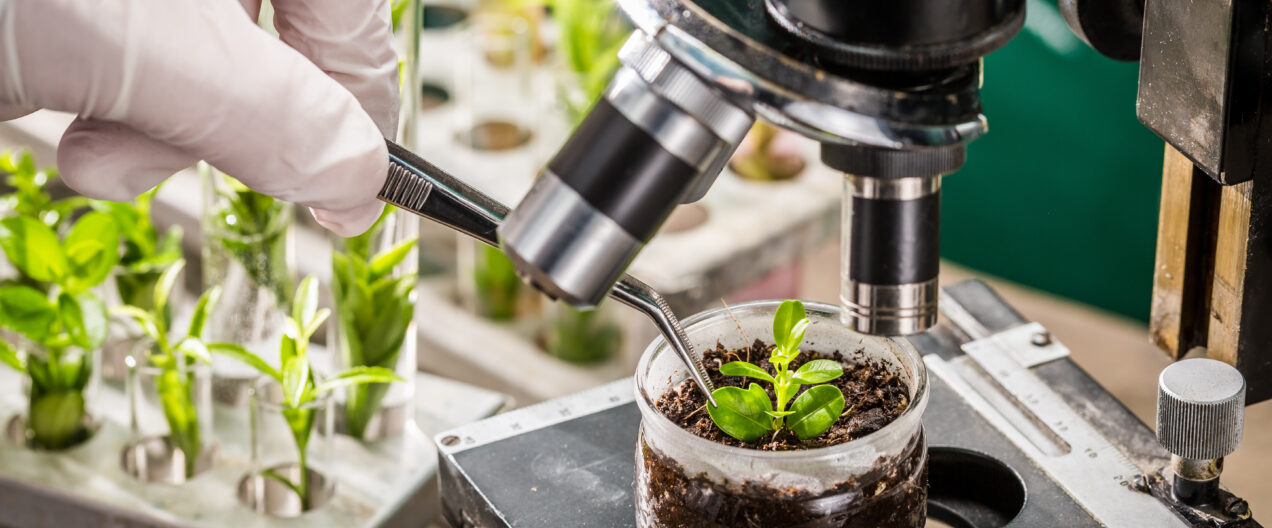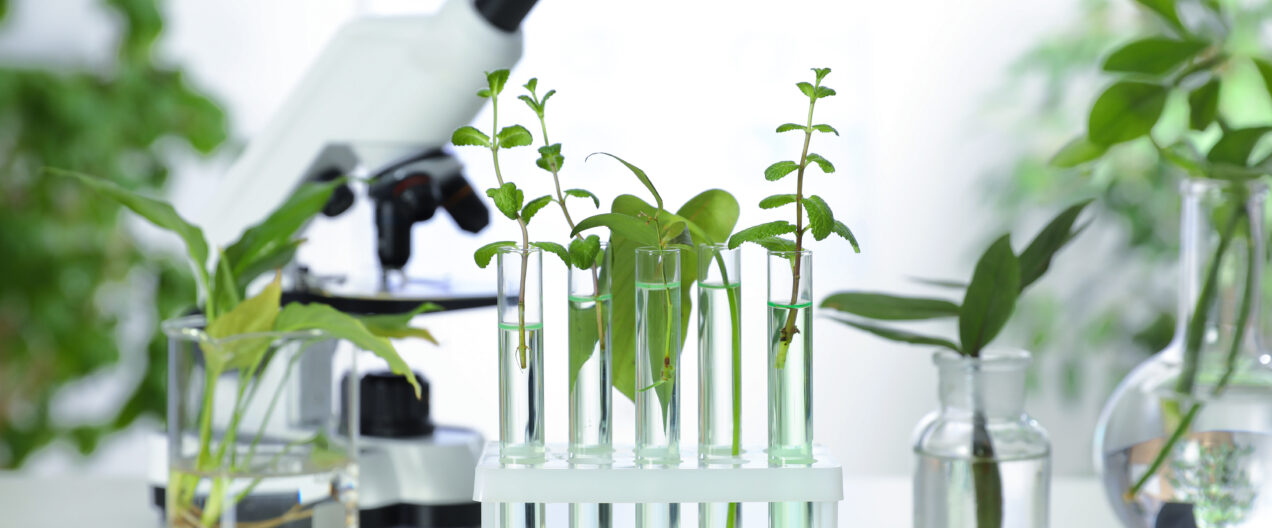New Breeding Technologies

What’s Really in Your Shopping Basket
Genetic engineering in our shopping basket? Yes – and much more often than we think. Whether it’s pasta, bread or vegetables: many of the everyday products we consume come from mutation breeding, which involves altering the genome and is considered safe. It’s high time to debunk the common myths.

Genomic breeding methods are not given a chance to prove themselves
Modern genomic breeding methods are legally classified as genetic engineering – and are therefore still effectively blocked. Yet we have been eating genetically modified plants for decades, just under the label of “classical mutagenesis.” The new, more precise techniques are regulated more strictly than the old ones, even though they are considered safer from a scientific perspective. A contradiction that urgently needs to be corrected. The EU is setting a good example.
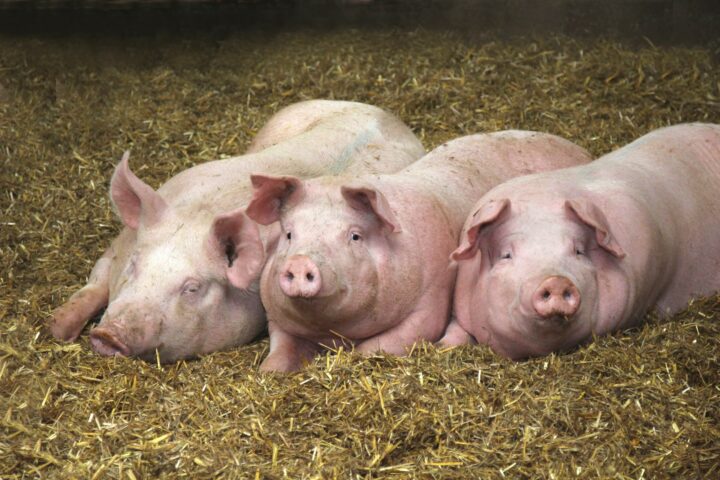
No Pig Business: Why Testicle-Free Boars Are a Clear Win for Animal Welfare
New breeding methods are opening up new possibilities in both plant and animal breeding. They allow targeted genetic changes that can make animals more resilient, adaptable, and healthier.
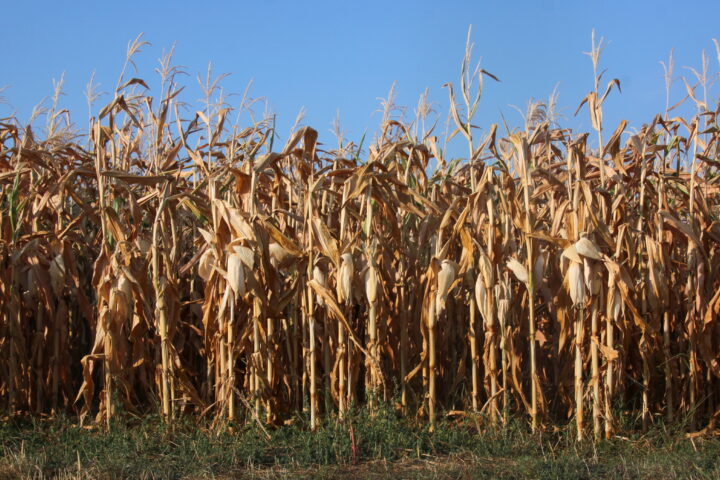
Stagnation instead of progress: Switzerland risks falling behind in new breeding techniques
An overview article in Schweizer Bauer shows how much the new breeding methods are preoccupying farming circles. Once the consultation process on the federal law has been completed, a bill is expected – then it will become clear whether there is actually the political will to approve it.
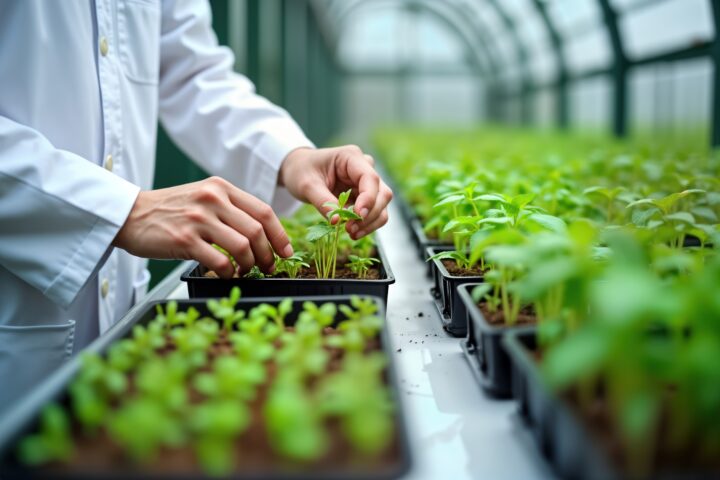
Biotechnology has only just begun
When Frank Schirrmacher cleared the pages of the Frankfurter Allgemeine Zeitung's arts section on 27 June 2000 to publish the human genome, which had just been deciphered for the first time, letter by letter over six pages, biotechnology came to the attention of the general public for the first time.

Genetic engineering? Yes, of course.
As a consumer, you often don't know: products advertised as GMO-free have long contained genetic engineering. This is a thorn in the side of opponents of genetic engineering. But it is easier to keep quiet about the ‘scandal’ – because something we have been eating for a long time no longer scares us.

Vegan alternatives thanks to genetic engineering
How can we feed a growing global population in a sustainable way? The answer increasingly lies in laboratories and genetic engineering. Whether it's lab-grown milk, vegan squid or farmed salmon – genetic engineering is everywhere. It's high time to dispel the old myths.

Only half the truth in the genetic engineering debate
Those who only see the risks remain blind to the opportunities offered by a new technology. Opponents of genetic engineering have presented a new survey on new breeding methods, which reveals some telling gaps.

Innovation needs fair rules for everyone
On June 4, politicians and experts in the European Parliament discussed a central but often overlooked issue: access to patented traits in plant breeding. The debate, organized by the Agricultural Crop Licensing Platform (ACLP), highlighted how fair licensing safeguards competition, accelerates innovation, and makes agriculture fit for the future.

How NZT makes popular varieties more resilient
New breeding technologies offer solutions – but they are simply being ignored in the current debate. Anyone who complains about the lack of flavour in strawberries must also be prepared to accept modern methods such as genome editing.

When the anti-genetic engineering lobby is in charge
A Tages-Anzeiger journalist gets caught in the threads of the anti-genetic engineering lobby and stumbles into unscientific territory. He writes about the fact that a politically controversial word is missing from a bill and embezzles a word himself when calling witnesses. A current example that shows how the choice of words can influence the perception of an issue.

As if there was no time limit in this country
The EU has been stuck on the regulation of new breeding technologies for years. Switzerland is also missing out on developments. While innovative approaches are already being used commercially worldwide, Europe and Switzerland lack clear rules – with far-reaching consequences for local farmers, breeders and seed propagators, as well as for global trade.

When surveys create fear
Surveys on technologies such as genetic engineering often focus on risks and spread panic instead of promoting a balanced discussion of the pros and cons. A striking example is the environmental indicator of the Federal Statistical Office. Social scientist Angela Bearth is highly critical of the survey.

More agrobiodiversity thanks to genome editing
It is often wrongly claimed that new breeding technologies such as genome editing restrict diversity in the seed market. A new study shows that the opposite is the case. Genome editing promotes agrobiodiversity.
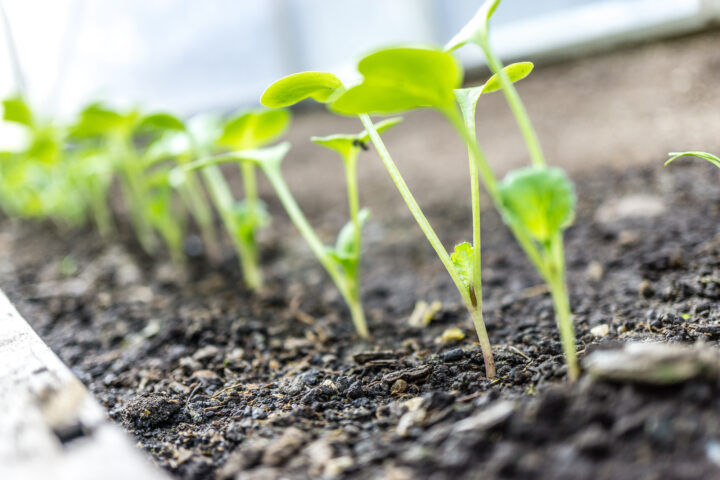
Migros and the opportunities of genome editing
The demand for new breeding technologies is growing. Experts see an urgent need for action in order to utilise technological progress without jeopardising safety. Companies such as Migros also recognise the importance of these developments and are addressing the opportunities and challenges they bring. Meanwhile, contrary to scientific findings, opponents are continuing to tell the same horror stories as they did 30 years ago.
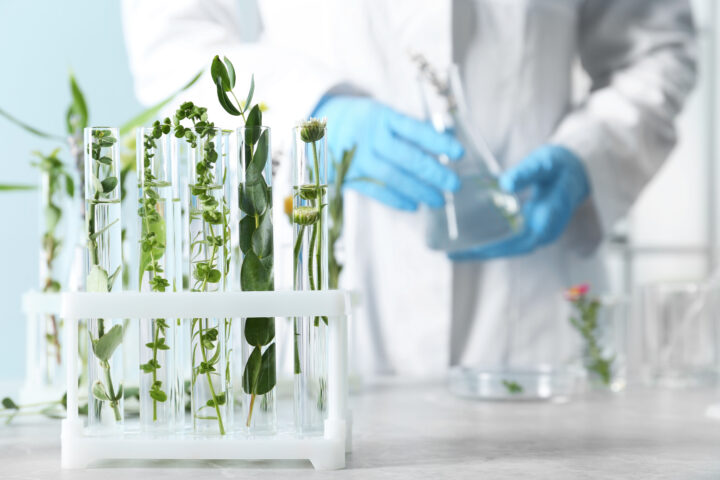
Green biotech: safety concerns no longer hold water
At the end of October, swiss-food.ch hosted a film screening and panel discussion in Zurich on the subject of genome editing entitled “Between Protest and Potential”. The well-attended event dealt with the emotional debates in recent decades surrounding genetic engineering. The event showed that the situation has changed fundamentally.

With false narratives against genetic engineering
To denigrate green genetic engineering, narratives that do not stand up to scrutiny keep popping up in the public debate. The aim in each case is political. Recently, the false claims are intended to prevent the regulation of new breeding methods such as Crispr Cas from being technology-friendly.
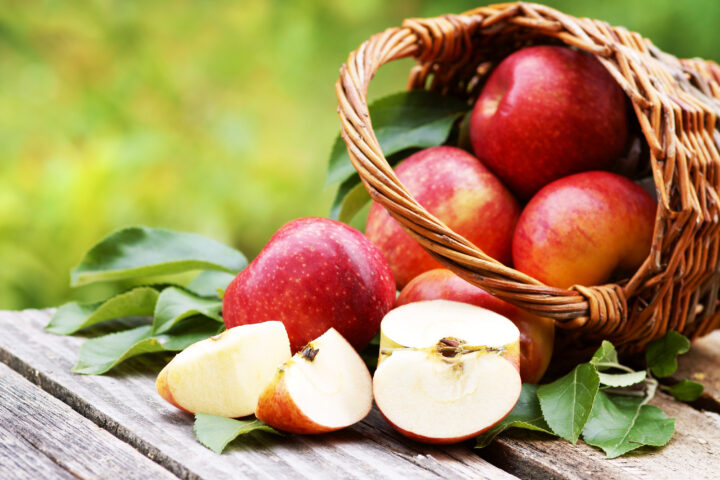
Popular Apple Varieties in Danger
The science magazine "Einstein" of Swiss Television has addressed the new breeding methods. The report clearly shows that there is no way around these new methods if Switzerland wants to continue cultivating popular apple varieties such as Gala, Braeburn, and Golden Delicious.

Genome editing: Organic farming shuts itself off from progress
In future, the EU wants to treat genome-edited plants in the same way as conventionally bred ones. As the "NZZ am Sonntag" writes, this is like a small revolution. Until now, the commercial use of gene scissors has been impossible due to an extremely restrictive genetic engineering law.

Precision breeding – England allows cultivation of gene-edited crops
A regulatory change in England allows the commercial use of new breeding technologies. Until now, these technologies had been regulated in accordance with the same restrictive rules as in the EU. As a result of the new law, English farmers are now allowed to grow crops that have been bred using genome editing. This gives England’s farmers a new tool in the fight against climate change and for more sustainable agriculture.

Genome research for sustainable crop protection
A research consortium of industry and public researchers in England has published a genome database of the most common insect pests in the United Kingdom. The open-source database has been set up to help with the development of targeted and environmentally friendly pesticides.
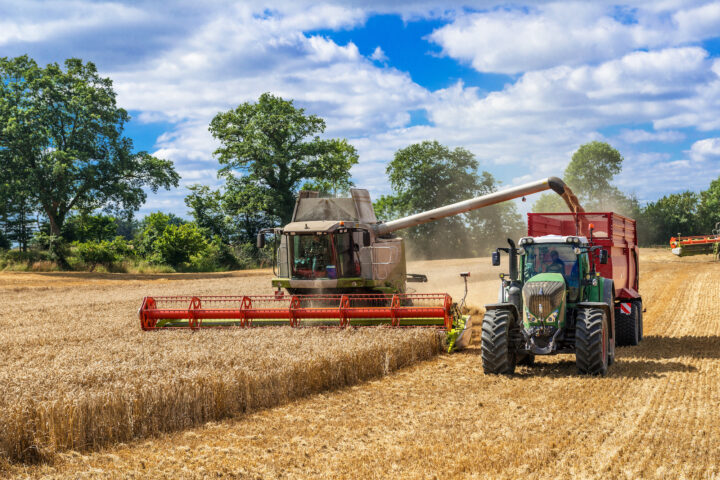
The great benefits of biotechnology in agriculture
Bioengineered crops have been cultivated in many parts of the world for around 25 years. Several publications bear witness to the great benefits of biotechnology in agriculture. The cultivation of the plants has a positive effect on the environment, the climate and yields for farmers.
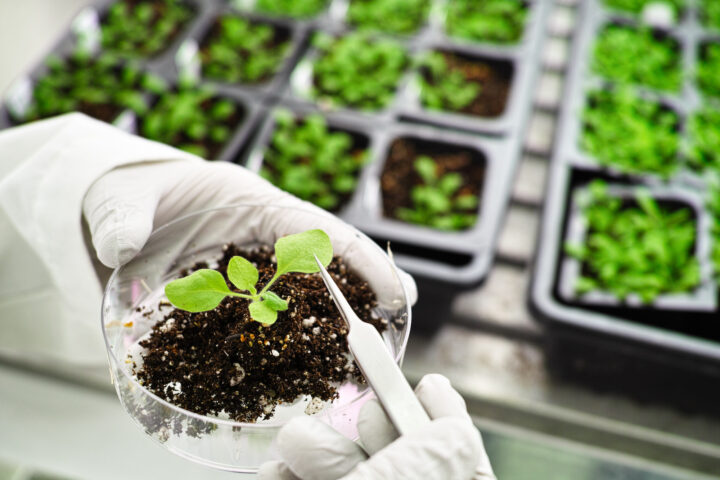
Nobel prize laureate Nüsslein-Volhard: “Genetic engineering offers major opportunities for environmental protection”
Genetically modified plants are not cultivated in Europe, an approach criticized by Christiane Nüsslein-Volhard as anti-scientific and ideology-driven.
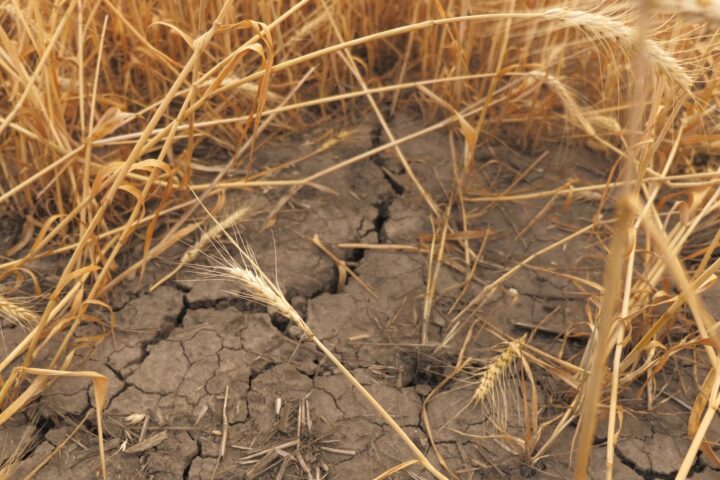
Drought-tolerant wheat from Argentina
Heat waves are posing a major challenge to cultivation around the world. Water shortages and droughts are resulting in heavy crop losses for the agricultural industry. Because droughts will be more frequent in the future, the search for plant varieties that consume less water is a top priority. One drought-tolerant wheat variety from Argentina is showing great potential.
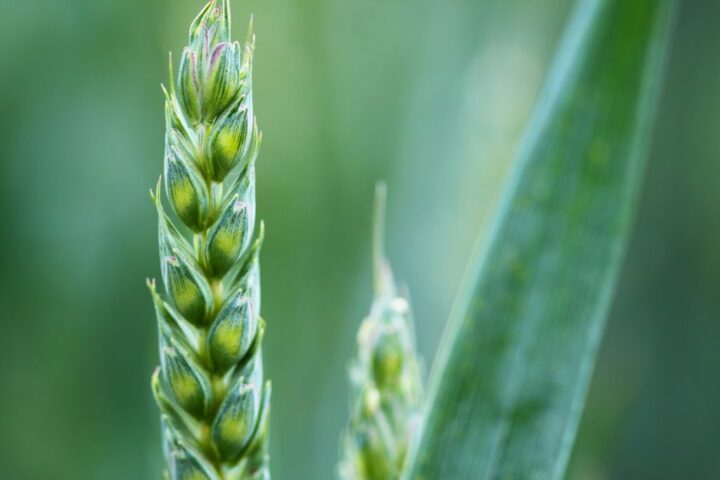
Green genetic engineering: A rethink is required
There are now more skeptics than ever before when it comes to biotechnological plant breeding methods, despite 30 years of research having produced a clear data basis. Conventional genetic engineering or the more modern CRISPR/Cas method present no increased risks compared to traditional breeding methods, such as cross-breeding.

Genome Editing: Standards are being relaxed all over the world
Great Britain has already decided on its first steps, Switzerland has too: The handling of simple genome-edited plants is being made easier.
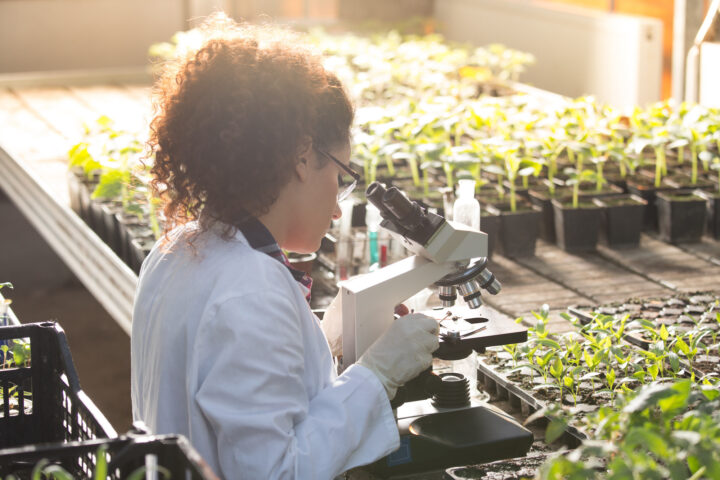
New Breeding Technologies (NBT)
Swiss agriculture is under pressure. Due to the changing climatic conditions and increasing weather extremes, the cultivation of many crops has become more demanding. Nevertheless, consumers, processors and trade expect regional and high-quality products at affordable prices.

Arguments for new breeding technologies
Plant breeding is complex. Accordingly, there are many questions in the discussion surrounding new breeding methods. swiss-food.ch has compiled the most important questions and answers on new breeding technologies.

Genetically modified plants contribute to the fight against global warming
The large-scale cultivation of genetically modified crops would counteract global warming. American and German researchers come to this conclusion in a study.
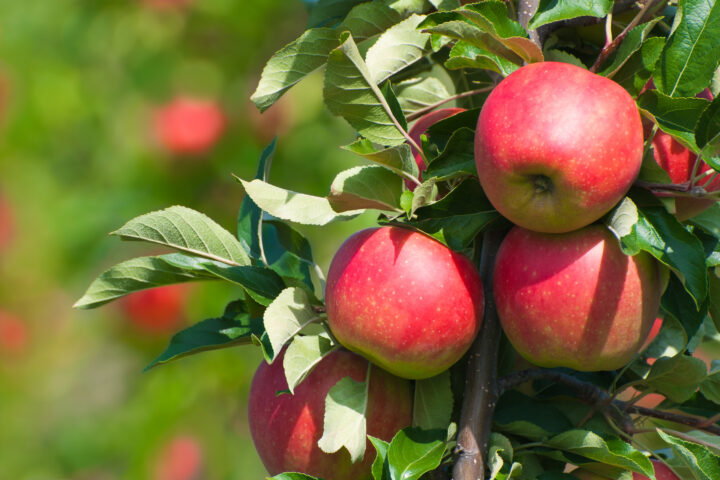
New breeding methods – here to stay
The Swiss Parliament has decided to update the genetic engineering moratorium that has been in place since 2005. The step was overdue. On the occasion of a webinar organized by swiss-food.ch, experts from science and agriculture spoke about the benefits of new biotechnological breeding methods. It became clear: the risks are low, the opportunities are great.

Ten applications of new breeding technologies for Switzerland
The summer of 2021 has shown how damaging prolonged rain can be for crops. With climate change, the likelihood of extreme weather events will increase. Farmers therefore need improved plant varieties that can withstand heat but also a lot of moisture.
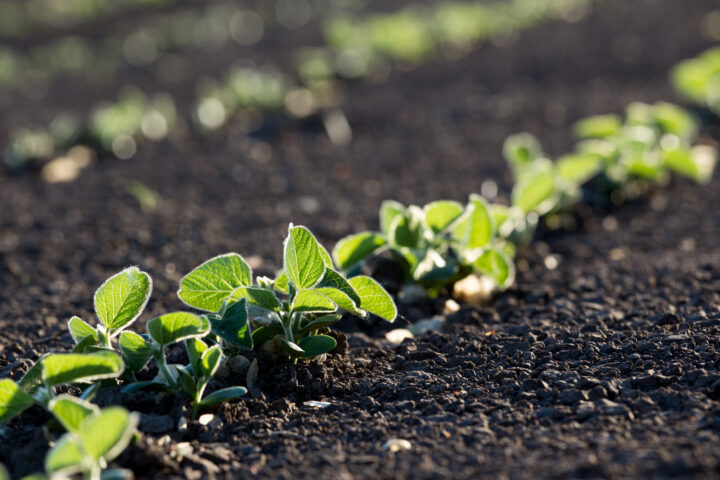
Nobel laureate endorses genetic scissors in plant breeding
In an opinion piece in the Frankfurter Allgemeine Zeitung, Nobel laureate Christiane Nüsslein-Volhard argues the case for using the CRISPR/Cas9 genetic scissors in plant breeding, even in organic farming. In her view, genome editing brings numerous benefits, especially when it comes to nature conservation and species protection.
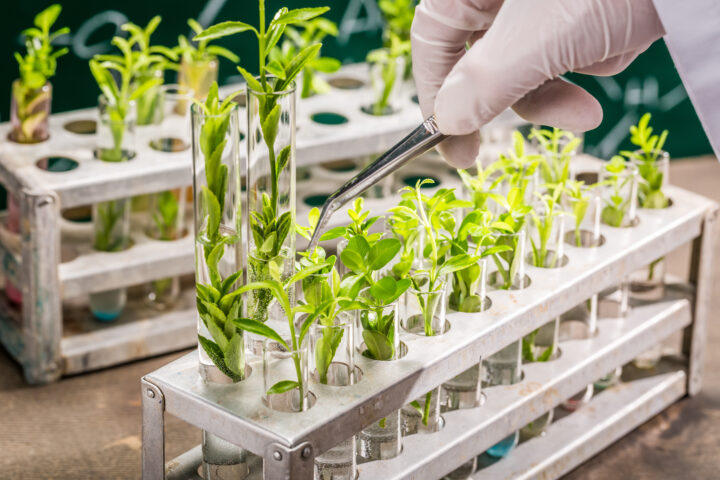
Does the world even need genome-edited plants?
This question is often raised by opponents of modern breeding methods. As is almost always the case: The market provides an answer. And it looks pretty clear.

Climate change requires precision breeding
Central Europe is becoming hotter and drier due to climate change. We need robust new crop varieties to protect harvests against invasive pests. Innovative methods, such as precision breeding using gene editing, can help growers keep pace with climate change.
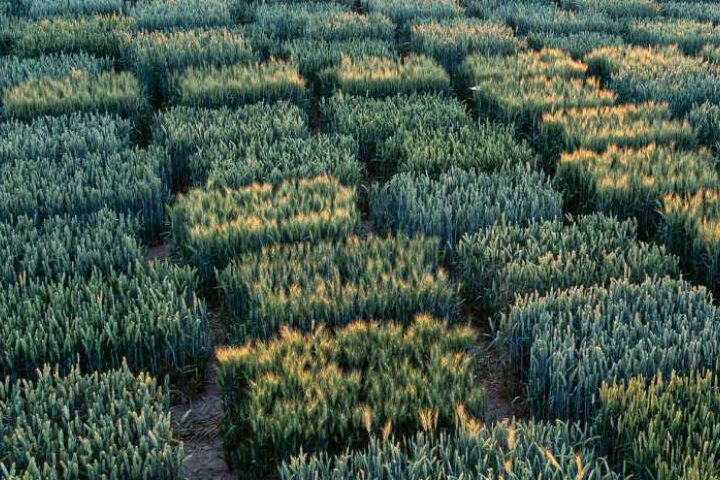
Optimising nature
The romanticized conception of “natural” is deceptive. Very little of what we eat today developed naturally. “For 12,000 years, people have selected plants based on their characteristics, in an effort to make them edible and more productive,” says Bruno Studer, professor of Molecular Plant Breeding at ETH Zurich. Agriculture has developed through artificial selection.

Openness to gene editing if it offers concrete benefits
The public is very open to the use of innovative technologies in agriculture. This also applies to targeted plant breeding using modern methods like gene editing.
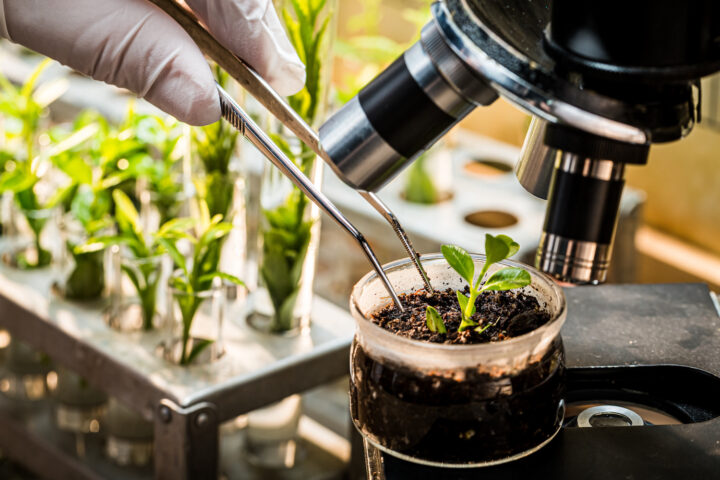
Using CRISPR/Cas9 to fight potato blight
The Nobel Prize-winning CRISPR/Cas method now makes it possible to breed resistant varieties and may reduce the use of pesticides in agriculture.
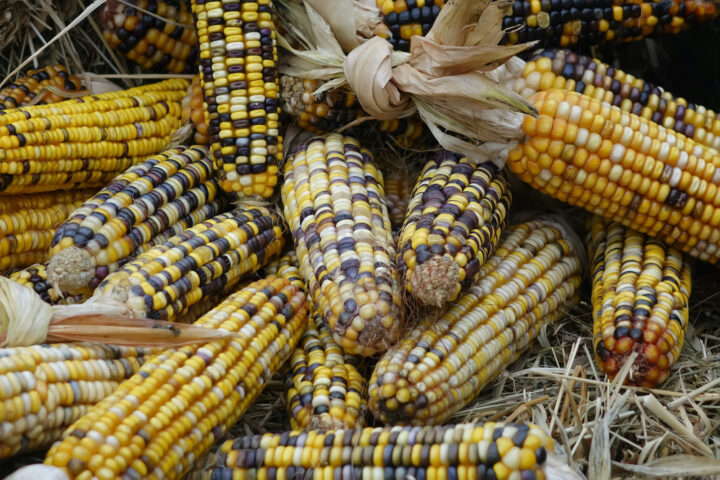
Genetically modified maize – a success story, even in skeptical Europe
Europeans are still resisting the cultivation of genetically modified crops – but this doesn’t mean they want to forgo the benefits of these products.

Animal feed: Domestic rapeseed instead of imported soy
The protein-rich press residues of rapeseed would be ideally suited as feed for livestock with the help of "genome editing". Instead of imported soy, domestic rapeseed could be fed to animals.


